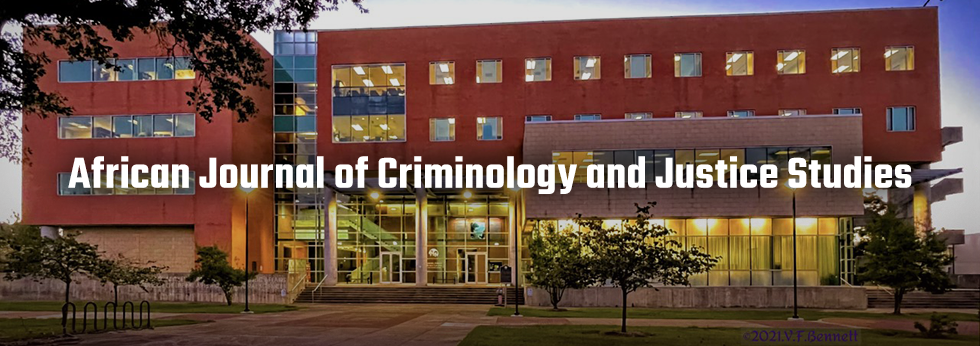Abstract
Private policing has been spreading across South Africa. This paper interrogates the context of the development of private policing in the country. Drawing on insights from global security research, governmentality studies, and critical sociological and criminological theory, particularly postcolonial perspective, it addresses these questions: How do we make sense of the growth of private policing in South Africa, and what are the broader security policy implications of the proliferation of private policing in the post-apartheid state? It proposes that the development of private policing reflects a paradigm shift from the collective human security to the individualistic sense of security in contrast to the collective welfare that characterized pre-colonial indigenous social relations. Private policing is intended to contribute to addressing the resultant security challenges. It concludes that crime control mechanisms must transcend aggressive policing to address structural underpinnings of crime problems, including poverty, to ensure a collective human security, as part of the broader security policies in South Africa. This paper makes a contribution to the theoretical debate regarding the role of imperialist powers, the transnational capital, and the state, in promoting the development of private policing.
Recommended Citation
Asomah, Joseph Yaw
(2017)
"Understanding the Development of Private Policing in South Africa,"
African Journal of Criminology and Justice Studies: Vol. 10:
Iss.
1, Article 5.
Available at:
https://digitalscholarship.tsu.edu/ajcjs/vol10/iss1/5


